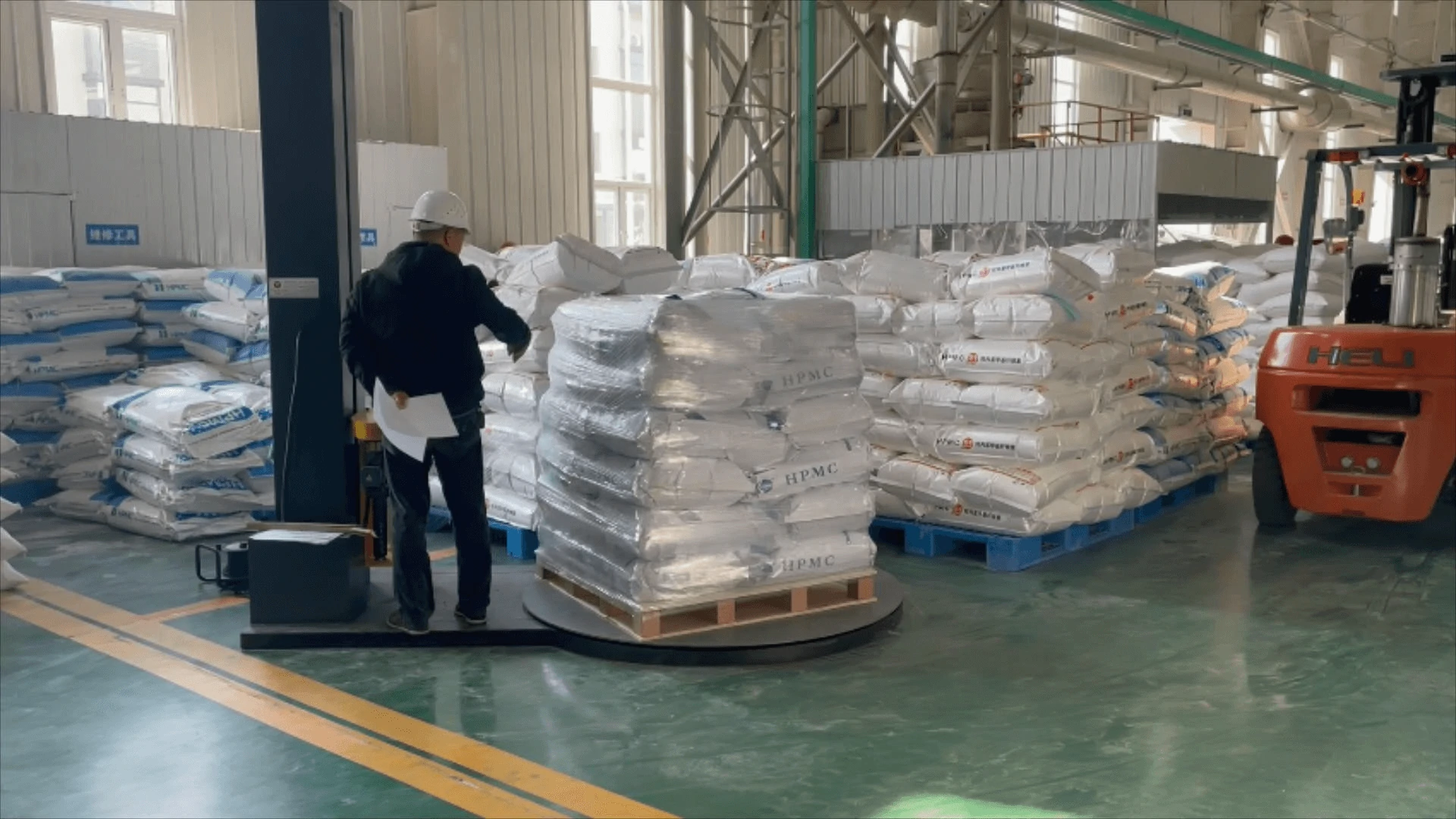
अक्ट . 18, 2024 13:37 Back to list
High-Performance Polymeric Compounds with 4000 Centipoise Viscosity for Advanced Applications
Understanding HPMC 4000 CPS A Versatile Polymer
Hydroxypropyl Methylcellulose (HPMC) is a widely used cellulose ether that has gained significant attention in various industrial applications due to its unique properties. Among its many grades, HPMC 4000 CPS stands out for its high viscosity and versatility, making it an essential ingredient in multiple sectors, including pharmaceuticals, food, construction, and personal care.
Chemical Composition and Properties
HPMC is derived from cellulose, a natural polymer extracted from wood and plant fibers. The 4000 in HPMC 4000 CPS refers to its viscosity, which is measured in centipoise (CPS). This grade typically exhibits a viscosity of around 4000 CPS at a concentration of 2% in water at 20°C. Due to its hydroxypropyl and methyl substitutions, HPMC is soluble in cold water, forming a clear, viscous gel. This property makes it particularly valuable as a thickening agent, stabilizer, and film-forming agent.
Applications in Pharmaceuticals
In the pharmaceutical industry, HPMC 4000 CPS is a key excipient in drug formulation. It serves as a binder in tablet manufacturing, enhancing the mechanical strength of the tablets while improving disintegration and dissolution profiles. Moreover, HPMC is used in controlled-release formulations, allowing for a gradual release of active pharmaceutical ingredients over time. Its biocompatibility and non-toxic nature make it an ideal choice for various medicinal applications.
Role in Food Technology
hpmc 4000 cps

HPMC 4000 CPS also finds extensive use in the food industry. It acts as an emulsifier, stabilizer, and thickening agent, improving the texture and consistency of food products. For example, it is commonly used in sauces, dressings, and bakery products to enhance viscosity and prevent separation. Furthermore, HPMC is a suitable additive in gluten-free products, providing the necessary structure and mouthfeel that is often lacking in gluten-free formulations.
Construction and Building Materials
In the construction industry, HPMC 4000 CPS is incorporated into dry-mix mortars, plasters, and tile adhesives. Its water-retention properties help prevent the rapid drying of cementitious materials, allowing for better workability and adhesion. The addition of HPMC enhances the flexibility and durability of construction materials, making them more resilient to environmental factors.
Personal Care Products
The cosmetic and personal care industry benefits significantly from HPMC 4000 CPS as well. It is commonly used in lotions, creams, and gels to improve texture and stability. Its ability to form a film creates a moisturizing barrier on the skin, making it an effective ingredient in skincare formulations. Additionally, HPMC’s thickening properties allow for the production of smooth, elegant products that enhance user experience.
Conclusion
HPMC 4000 CPS is a versatile polymer that plays a crucial role across numerous industries. Its unique properties, including solubility in cold water, high viscosity, and biocompatibility, make it an indispensable ingredient in pharmaceuticals, food products, construction materials, and personal care items. As industries continue to evolve, the demand for effective and safe additives like HPMC 4000 CPS is likely to grow, further establishing its importance in modern formulations. Whether it is improving drug delivery, enhancing food texture, or providing stability in cosmetics, HPMC 4000 CPS is a remarkable example of how a simple polymer can have a profound impact across multiple sectors.
-
Unlocking the Benefits of HPMC Products: A Gateway to Versatile Applications
NewsAug.07,2025
-
Unleashing the Potential of HPMC Ashland: A Comprehensive Look
NewsAug.07,2025
-
Tile Bonding Cellulose: The Key to Superior Adhesion and Durability
NewsAug.07,2025
-
Hydroxypropyl Methylcellulose Powder: The Versatile Component in Modern Pharmaceuticals
NewsAug.07,2025
-
Hydroxyethyl Cellulose: The Versatile Solution for Various Industries
NewsAug.07,2025
-
Hydroxyethyl Cellulose (HEC): The Versatile Polymer for Various Applications
NewsAug.07,2025







